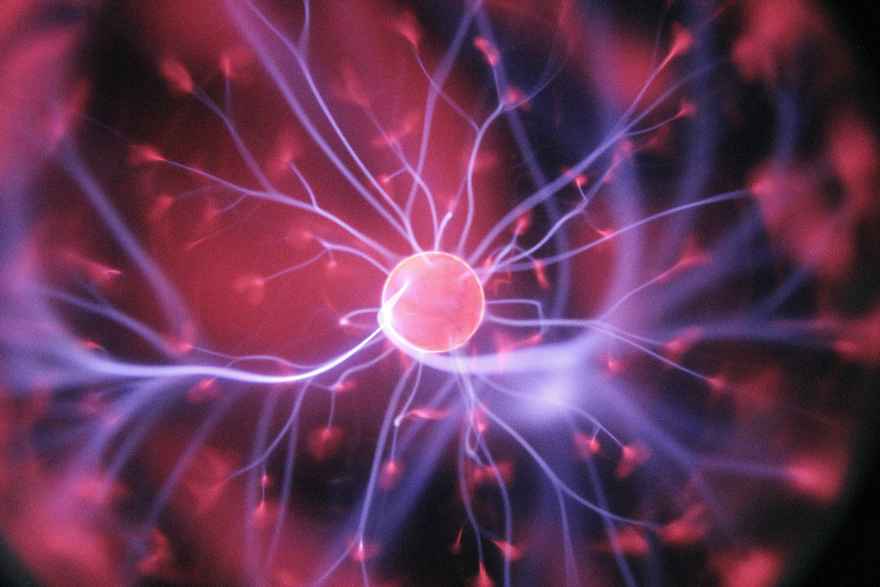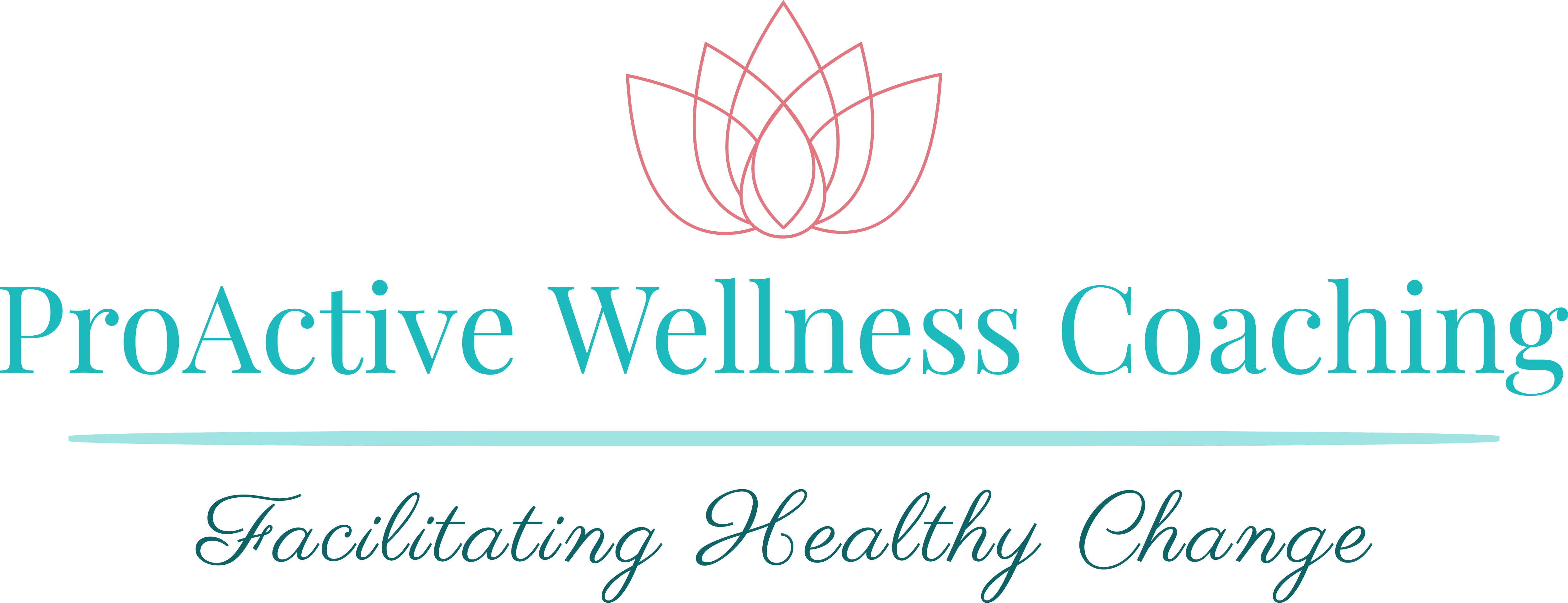
The Gut Brain Connection - Why You Should Care

Imagine a superhighway of communication between your gut and brain. This is called the Gut-Brain Axis, and it's a bidirectional connection bridging the gap between your gastrointestinal (GI) tract - responsible for digestion - and the central nervous system (CNS).
It's a dynamic network where signals flow in both directions, influencing everything from digestion to emotions.
(Yes, sometimes it really is a "gut feeling!")
Sounds complicated, right? Well, yes and no. It's complex but not complicated.
Read on to get a simplified, but still high-level overview of the different ways your gut and brain are connected, and why you should care about it!
The Gut Brain Axis plays several roles in your body.
Nervous System Connections:
Your gut and brain are directly connected through the central nervous system (CNS) - your brain and spinal cord - and the enteric nervous system (ENS). The ENS is an intricate connection of neurons lining your GI tract. It gets input from your CNS but can also function independently, which is why it's often dubbed the "second brain."
Why you should care: This gut-brain connection relays messages influencing digestion, nutrient absorption, and the gut's stress response.
Hormonal Signaling:
 Hormones act as messengers between your gut and brain. Your gut releases neurotransmitters such as serotonin, dopamine, and GABA. These hormones regulate digestion, mood, emotions, and cognitive function.
Hormones act as messengers between your gut and brain. Your gut releases neurotransmitters such as serotonin, dopamine, and GABA. These hormones regulate digestion, mood, emotions, and cognitive function.
Why you should care: By increasing the beneficial components of your microbiome, you can increase the number of these hormones that can make you feel happy, energetic and clear-headed.
Microbiota Influence: 
Your gut is home to a community of microorganisms: the gut microbiota. They interact with your gut lining, producing metabolites (substances produced during digestion or other chemical processes in the body) and molecules influencing various processes.
Why you should care: When these interactions are out of balance, they have been tied to mental health conditions like anxiety and depression. They also influence your sleep-wake cycle, patience, and motivation. Simply put: your gut helps shape your emotional well-being.
Nutrient & Metabolite Exchange:
Your gut and brain exchange nutrients and metabolites. Dietary nutrients can impact brain function. Brain signals influence sensations of hunger and fullness through neural pathways. This communication ensures that your gut and brain are well-nourished and functioning optimally.
Why you should care: When the population of beneficial microflora is out of balance, these signals can also get out of whack, and your gut may be sending signals of hunger, sugar and salt cravings, and it may be more difficult to feel full during and after eating. They also turn down the hormones that encourage our bodies to use fat as fuel and instead prompt us to store energy rather than burn it. This can lead to unexplained cravings and weight retention.
Immune System Interaction:
The immune system mediates the conversation between your gut and brain. The gut is home to a large portion of the body's immune cells, making it a crucial component of the immune system. The gut-associated lymphoid tissue (GALT) is a significant part of the immune system located in the intestines, where immune cells such as T cells, B cells, and antibodies work to defend the body against harmful pathogens.
Why you should care: The balance of immune cells and molecules in the gut influence inflammation and neurological function. An imbalance can lead to increased inflammation which leads to altered signaling. This can cause pain, brain fog, impaired cognition, disrupted sleep, and poor digestion, just to name a few.
Now that you care, what can you do to maximize the efficiency of this connection?
Eat
The Gut-Brain axis is a crucial aspect of our overall health, and one of the easiest ways to support it is through our diet. Aiming for a varied intake of whole foods, particularly fruits and vegetables, can help promote healthy gut bacteria, while consuming probiotics found in fermented foods like yogurt and kimchi can help populate the gut with beneficial microflora. Check out this list of foods that can improve your microbiome, too!
 Breathe
Breathe
Managing your stress levels can have a positive impact in supporting the gut-brain axis. Stress can negatively impact gut health and, in turn, your mental health. Continued exposure to the stress hormones adrenaline and cortisol can seriously affect your mental wellness, but can also present as physical pain as heartburn, headaches, joint pain, and even nerve pain (fibromyalgia).
By incorporating stress-reducing techniques such as meditation or yoga into your daily routine, you can help reduce stress levels and support your gut-brain connection. Read this article for more tips to stay calm and reduce stress even in your busiest season!
Sleep
Finally, getting enough sleep is crucial for maintaining optimal health, including gut and brain health. Studies have shown that insufficient sleep can disrupt the gut microbiome and lead to cognitive impairment. Make sure to aim for a minimum of 7 hours of quality sleep each night to support your gut-brain axis and promote overall well-being. To learn more about improving sleep quality, even if you can't increase the number of hours you sleep, read this article!
By taking care of your gut health, you're not only improving digestion, but also unlocking your brain's potential and boosting your overall wellness. Start by incorporating these tips into your daily routine to see the positive impact it can have on your life. If you want to continue learning about gut health and how it impacts your health and wellness, check out these articles:
Nourish Your Gut For Mental Wellbeing
Bitter Foods: The Secret to Gut Health and Weight Loss

0 comments
Leave a comment
Please log in or register to post a comment